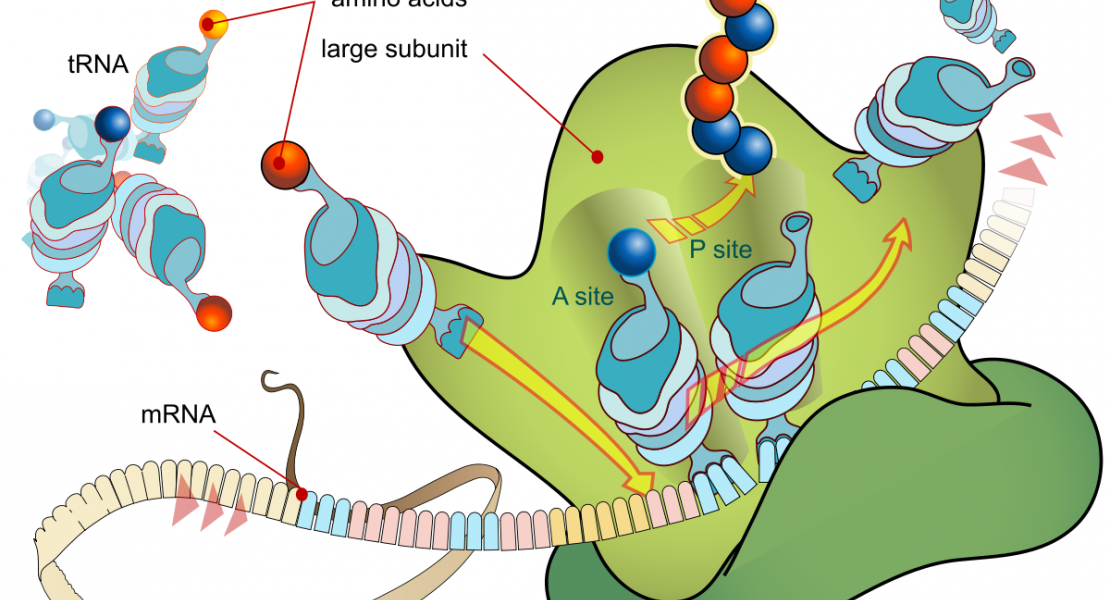Translational Repression and eIF4A2 Activity Are Critical for MicroRNA-Mediated Gene Regulation

Abstract
MicroRNAs (miRNAs) control gene expression through both translational repression and degradation of target messenger RNAs (mRNAs). However, the interplay between these processes and the precise molecular mechanisms involved remain unclear. Here, we show that translational inhibition is the primary event required for mRNA degradation. Translational inhibition depends on miRNAs impairing the function of the eIF4F initiation complex. We define the RNA helicase eIF4A2 as the key factor of eIF4F through which miRNAs function. We uncover a correlation between the presence of miRNA target sites in the 3′ untranslated region (3′UTR) of mRNAs and secondary structure in the 5′UTR and show that mRNAs with unstructured 5′UTRs are refractory to miRNA repression. These data support a linear model for miRNA-mediated gene regulation in which translational repression via eIF4A2 is required first, followed by mRNA destabilization.
